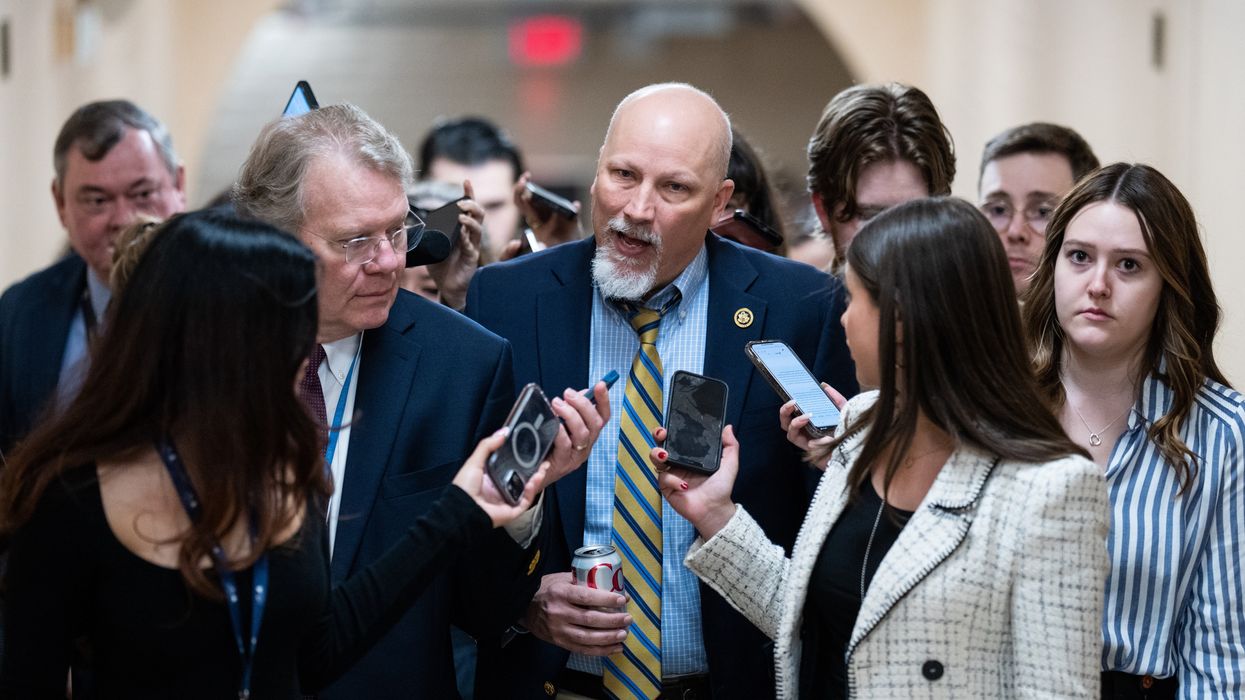In the latest episode of “Politics In Question,” hosts Lee Drutman and James Wallner ask Republican Rep. Chip Roy of Texas whether the House of Representatives is broken.
They discuss various aspects of American politics, governance and the challenges faced by lawmakers. The discussion touches on the tensions between institutionalism and populism, reflecting on how the political landscape has evolved over time. Roy emphasizes the importance of institutions, expressing concerns about the growing disconnect between government actions and the desires of the electorate.
One significant topic explored is ever-increasing government spending and its impact on the nation. The congressman argues that the lack of a balanced budget requirement allows for unchecked spending, leading to financial instability. He contends that without such fiscal constraints, lawmakers are not compelled to engage in crucial debates about topics like Medicare, Social Security and taxes. The absence of tough choices, according to Roy, contributes to a broken system.
The conversation delves into historical parallels, drawing comparisons with pre-Civil War divisions in the United States. The congressman suggests that, despite significant differences, earlier periods of intense debate and argumentation resulted in resolutions, fostering a sense of reconciliation even among those who lost a particular debate. He questions the current state of American unity, pondering what binds the nation together amidst increasing cultural divides and demographic changes.
The podcast concludes with a reflection on the personal aspects of public service. Roy shares insights into the sacrifices made by those in public office, including time away from family and the toll it takes on personal lives. Despite the challenges, there is an acknowledgment of the honor and duty associated with serving the country.
Overall, the episode offers a multifaceted exploration of American politics, touching on the dynamics between institutionalism and populism, fiscal responsibility, historical parallels, and the personal aspects of public service. The congressman's perspective provides valuable insights into the complexities and challenges faced by lawmakers in navigating the current political landscape.




















Trump & Hegseth gave Mark Kelly a huge 2028 gift